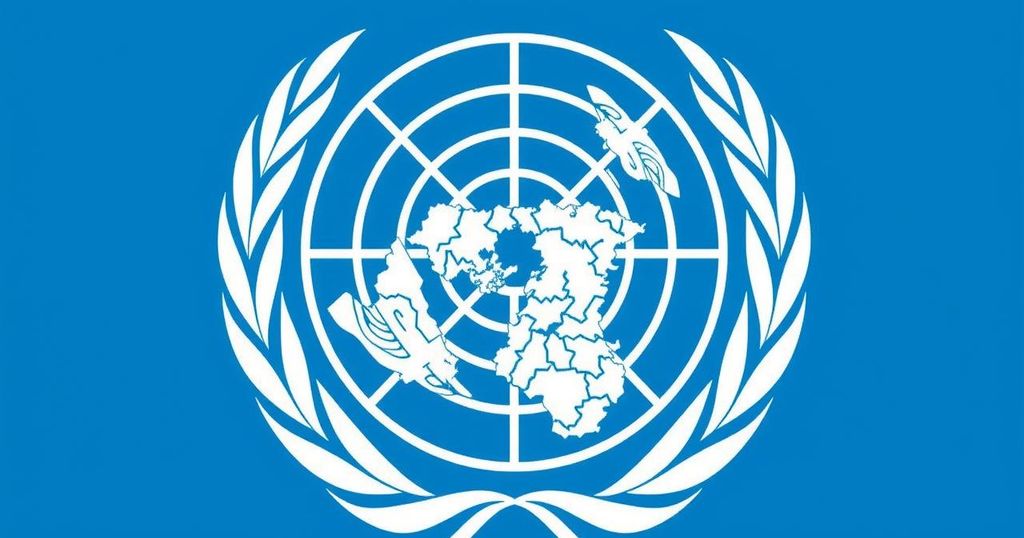The UN Committee against Torture published findings on Mongolia, highlighting its commitment to draft legislation for a special unit to investigate torture, while expressing concerns over delays in implementation, conflict of interest in investigations, and the lack of judicial oversight in arrests. The Committee urged the establishment of independent mechanisms and lawful arrest protocols.
The UN Committee against Torture (CAT) recently published its findings concerning several nations, including Mongolia. The Committee expressed appreciation for Mongolia’s ongoing commitment to propose a draft law aimed at establishing a specialized unit dedicated to the investigation of incidents of torture and ill-treatment by individuals in custody, scheduled for submission in 2025. Nevertheless, they voiced concerns regarding the delay in progress since the last review.
In its evaluations, the Committee highlighted serious worries about potential conflicts of interest affecting the effectiveness of investigations conducted by key law enforcement agencies, particularly the Anti-Corruption Agency and the General Police Department. There are alarming rates of case dismissals, leading the Committee to recommend the prompt finalization of legislation that would create an independent mechanism to investigate misconduct by public officials, notably law enforcement personnel implicated in torture.
Despite acknowledging Mongolia’s advancements in enhancing procedural legal protections, the Committee noted with apprehension that many arrests continue to take place following prosecutorial consent without a corresponding court order. While recognizing Mongolia’s initiatives to bolster judicial oversight in immediate detentions, the Committee urged that law enforcement personnel obtain arrest warrants issued by judicial authorities, except under specific circumstances such as arrests made in the act of committing a crime.
The UN Committee against Torture is an authoritative body that reviews the practices of member states concerning the prevention and punishment of torture and ill-treatment. Its latest session included assessments of multiple countries, highlighting issues such as legal inadequacies, procedural shortcomings, and institutional challenges faced in combatting torture. The Committee’s findings not only reflect the commitment of nations like Mongolia towards reform but also emphasize the need for systemic changes to ensure the protection of human rights and the improvement of justice mechanisms.
In conclusion, the UN Committee against Torture has underscored the necessity for Mongolia to enhance its frameworks for investigating allegations of torture, particularly by public officials. The Committee’s findings call for a swift conclusion to the legislative process surrounding the establishment of an independent investigative unit and stress the importance of lawful arrest procedures. These steps are critical for ensuring that Mongolia meets its international obligations to uphold the rights of individuals deprived of liberty.
Original Source: m.akipress.com






